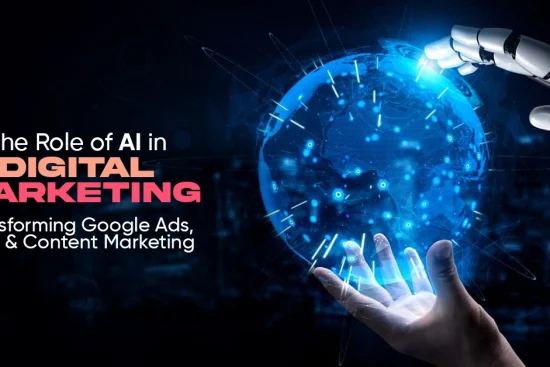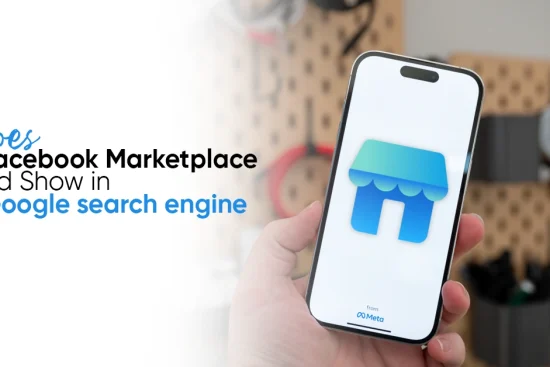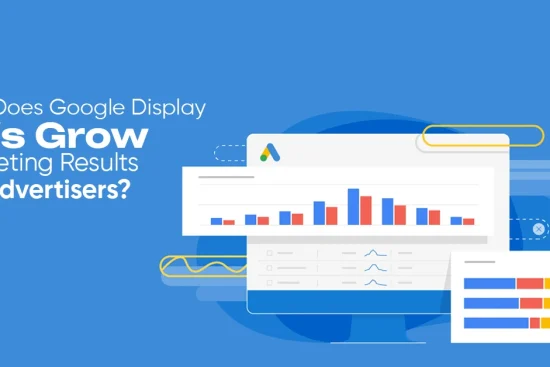
Introduction
Businesses’ digital existence is taking a quantum leap forward with the advent of artificial intelligence, which is making AI-generated content the key factor in their expansion. Nevertheless, doubt remains in the air – are AI scripts good enough for Google to rank? Moreover, can they bring about any SEO benefits? The question we want to explore is the content of the article “What’s the future of Eden?”. The answer is seen within the process of content creation and utilization. If AI text is perfectly made and precise and addresses the audience’s needs, it is the best choice for organic search results. Google’s algorithms want to assure the user that the information is reliable and meets the reader’s needs. They do not insist on human-made content. The user is the first to benefit from the use of AI, the user who will be served better and more efficiently through the help of this modern tool. These are some good ways. Artificial intelligence can power SEO, e.g. choosing the right keywords and building more related topics and their coverage, being consistent throughout the pages, etc. On the other hand, fake or harmful AI content may be blocked. In conclusion, if AI is effectively utilized with a reader-centric, ethical, and tactical approach, it would definitely be a driving force of SEO.
Understanding the Position of Google on AI-Generated Content
The primary goal of Google is to provide users with high-quality, relevant, and helpful content. It’s clearly stated that the search engine giant doesn’t penalize AI-generated content, provided it meets the E-A-T standards of Google (Experience, Expertise, Authoritativeness, Trustworthiness).
This means that AI-generated content must:
- Be valuable and accurate.
- Provide information that is correct; Be fact-checked by and edited by humans and not AI only Have a natural and engaging tone.
- Not have keyword stuffing, or duplicate content.

Factors That Determine the Ranking Crash in AI-Generated Content
As AI technology enters marketing, creating content using AI tools is growing for businesses that consider it as a key aspect. However, we still have a question. Is AI content that Google can rate highly also by AI? There are many principles, but their core is nothing but Google’s core ranking principles.
1. Content Quality and Relevance
Google highlights high-quality and relevant content that matches user intent. The AI-generated, well-organized, and informative content that satisfies users’ search queries directly can serve as the best possible candidate for receiving a high rank. Such content should bring real value to users rather than being an egotistical approach to the content count.
2. Originality and Uniqueness
The “retyping” content on your webpage will appear duplicated in someone’s previously published paper. Consequently, if your article is plagiarised or rewritten without any changes, it may adversely affect your website’s SEO. Articles written by AI should be both the source of original ideas and where the ones that rephrase already existing content are introduced. The usage of anti-plagiarism and misinformation control tools is a necessity.
3. Optimization for SEO
Introducing the keyword flow naturally to your readers without changing the readability of the paragraphs is a successful way to place keywords on a site, which won’t lead to penalties. Here are the points to be strictly followed:
- Keywords or related phrases should be inserted smoothly and catchily.
- Making time-honoured, captivating meta titles, descriptions, and headlines is essential.
- Another critical issue is linking within the content to improve the reader’s navigation and the site’s authority.
- The site should take advantage of a particular type of data that will enable the search engines to know the site’s content comprehensively and rank in a better way
4. User Engagement Metrics
The primary user behavior metrics are dwell time, bounce rate, and click-through rate (CTR). Google examines a user’s engagement in an AI article that is captivating and readable and provides value. Quality content can influence these metrics positively, enabling it to rank higher.
5. Regular Updates and Human Editing
AI-generated information should constantly be revised and verified. The regularity of updates and the presence of human editors are crucial factors for the accuracy of the facts, compliance with brand tone, and updates with Google’s evolving standards.

Does AI-generated content help SEO?
Yes, AI-generated content can improve search engine optimization (SEO) results if used properly. It can:
- Speed up content creation without compromising quality.
- Help generate ideas and conceive detailed content.
- Assist with content optimization and keyword research.
- However, AI should be seen as a tool, not a replacement for human creativity and expertise. The best approach is a combination of AI support and human optimization.
Conclusion
As long as AI-generated content meets quality, relevance, and SEO best practices, it has the potential to rank on Google. By combining the efficiency of AI with human control, companies can create content that not only ranks, but also provides real value to users. In summary: AI-generated content can boost SEO, but only if it is used strategically.
Do you use AI for content creation? Share your experience in the comments below!






Leave a Reply